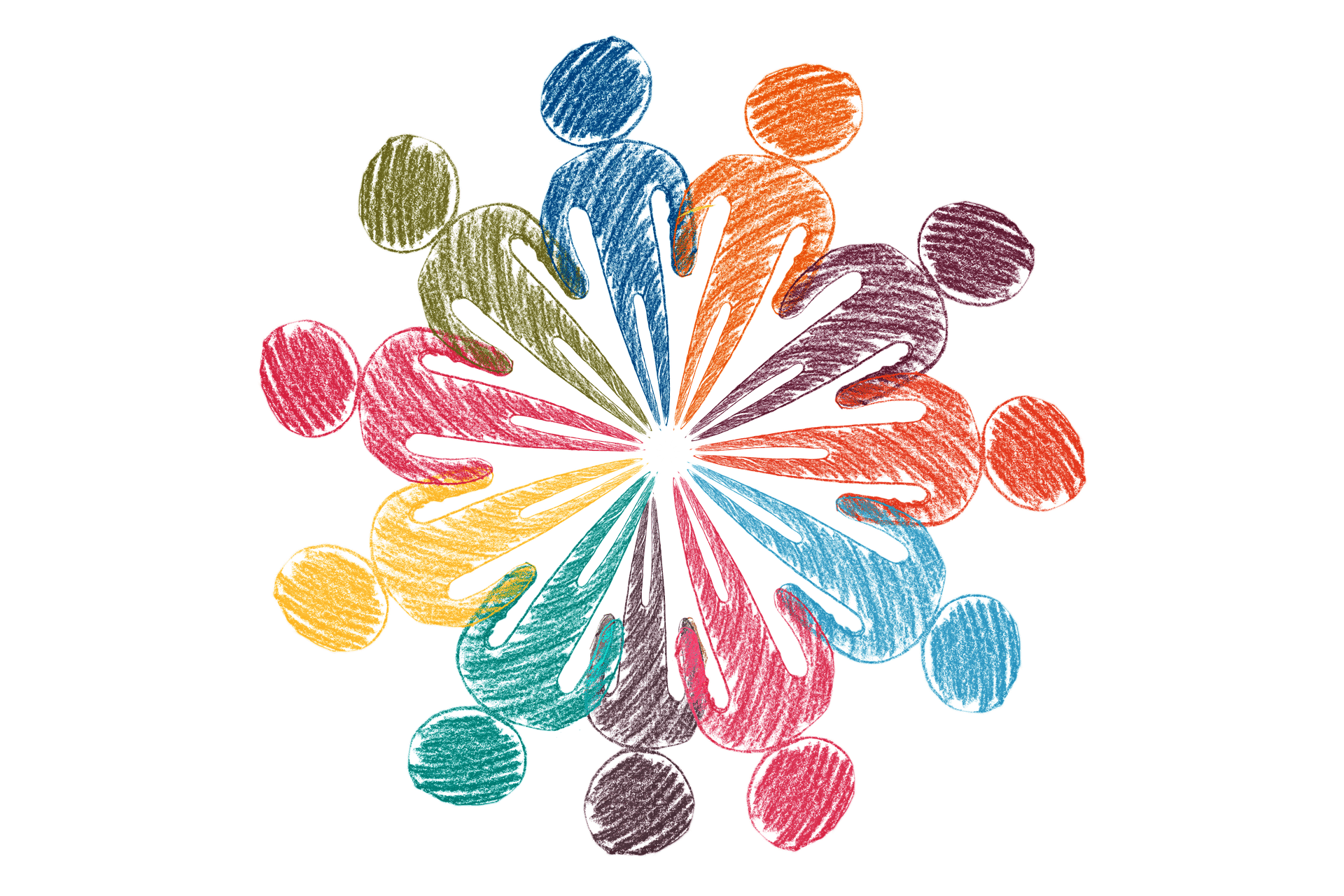On 11 March 2020, the European Commission published one of the main pillars of its Green Deal: the new Circular Economy Action Plan (CEAP). Within days of publication, the COVID-19 pandemic triggered an unprecedented health, economic and societal challenge. The crisis underlines the pressing need for systemic change that the circular economy can offer, notably through more re-use and repair. Aiming to transform the EU’s take, make, use and dispose economy, the CEAP suggests to retain resources in the EU economy for as long as possible by revolutionising the way products are manufactured and used.
To help the EU institutions build a social and circular economy, this document provides input on a number of elements of the CEAP that can support a transition towards a low-carbon, resource efficient and inclusive economy. These include:
- Boosting re-use and preparation for re-use through quantitative targets alongside future “waste reduction targets for specific streams and other measures on waste prevention”;
- Making products more re-usable and easily repairable through a “legislative proposal for a sustainable product policy initiative”;
- Tackling overconsumption, fast fashion and supporting an ethical value chain when developing an “EU Strategy for Textiles”;
- Improving product design and collection models focussed on re-use for WEEE within a “Circular Electronics Initiative”
- Encouraging re-use activities in other key product value chains such as batteries, packaging, food and construction materials;
- Recognising social economy actors when “making circularity work for people, regions and cities”.
Download the full publication here (PDF)
Picture Credit © Pixabay


